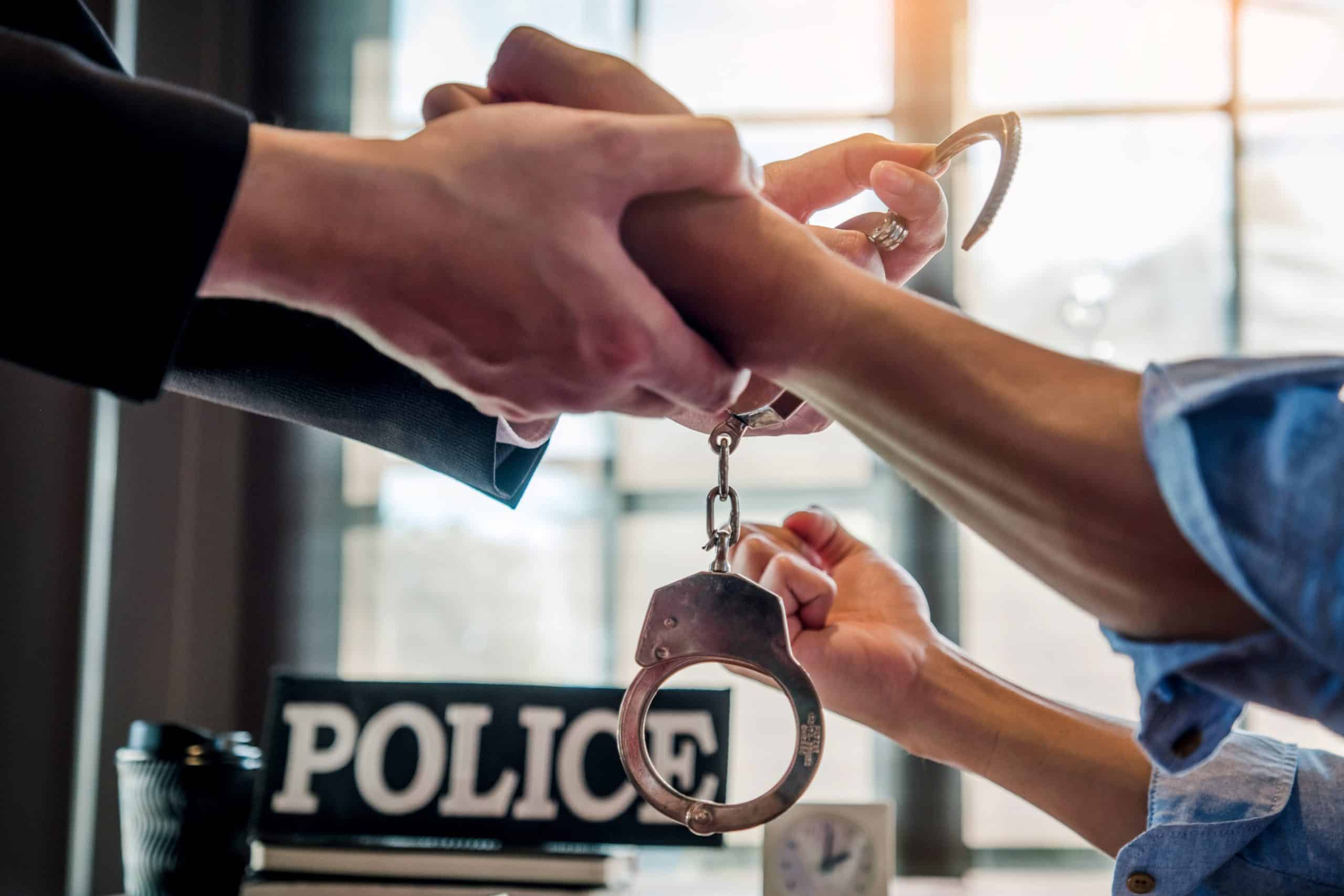Legal Aid and Access to Justice – Guest Post

Introduction
According to Harper Macleod solicitors, every person has a right to legal assistance regardless of their race, religion, financial status or class of origin. In an ideal world, this wouldn’t be a thought, but in reality, many people from impoverished backgrounds struggle to access legal services. In this regard, legal aid organizations have come to exist. Their primary purpose is to fill the gap and provide legal services to those who may not be able to afford them otherwise.
Understanding Legal Aid
Legally, legal assistance is a state sponsored activity that helps people acquire legal advice or representation. The purpose of these organizations is to make sure that access to justice is not limited to those who can afford it; rather it should be extended to all people in society. To do this legal aid organizations provide cheap or free legal services to people who cannot afford to pay for a lawyer. This contributes positively towards leveling playing fields for poor populations.
The Role of Legal Aid for Under-Served Communities
Legal aid organizations help level out unequal distribution of power among individuals. Communities that are vulnerable to legal issues are often the ones that face obstacles in accessing justice. Such barriers include financial issues, lack of awareness of their rights or even fear of repercussions or consequences of getting legal assistance. Through the services provided by legal aid organizations these barriers can be eradicated.
Safeguarding Basic Human Rights
Legal aid organizations fight for the rights of vulnerable sections of society. This can involve providing culturally sensitive legal services to refugees, working empathetically with victims of domestic violence, or helping minority groups fight discrimination.
Preventing Social Exclusion
When one cannot access legal advice and justice, it can result in denial of people’s rights which in turn leads to a cycle of poverty and exclusion. People do not necessarily need to pay for legal aid and as a result it helps break barriers to justice and promote a more inclusive and just society.
Promoting Fairness and Equality
Legal aid organizations are very important in ensuring that the justice system is both fair and equal. By providing legal services to people who financially can not afford it, it ensures fairness across the spectrum of wealth. This means that the justice system is fair even if you lack the requisite financial resources to secure a lawyer by other means. As a result, legal aid organizations promote a fair and just society for everyone.
Conclusion
Legal aid organizations provide help to vulnerable, suppressed and minority communities. This is done by giving them legal services and access to justice. These are organizations which provide either free or low-cost legal services to those who cannot afford representation enabling people to obtain equal access to justice. It is not a privilege; instead, it is a right that should be given to every person. The work of legal aid organizations assists in stopping social exclusion, guaranteeing of fairness and equality and the provision of justice to all society’s members regardless of their financial status or origins.


Recent Comments